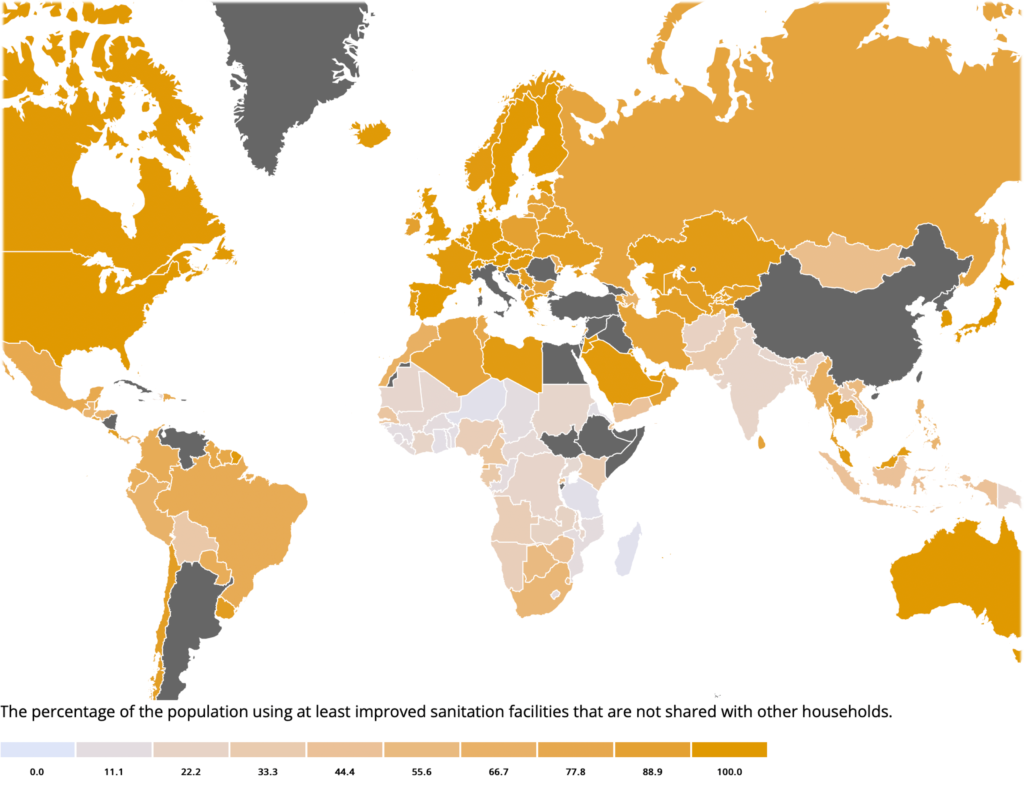Government Revenue and Rights
To enjoy the benefits of improved public health, including reduced mortality, governments usually need to spend more across all the sectors that contribute to national healthcare. One influential tool in our understanding of the interconnections between national revenue and wellbeing is the Government Revenue and Development Estimations (GRADE) project at St Andrews, which has modelled the relationship between government revenue, access to health determinants, and child and maternal mortality.
GRADE was established in 2020 by Dr Bernadette O’Hare, of the University of St Andrews, and Professor Stephen Hall, of the University of Leicester. It provides realistic predictions of the impact of an increase in government revenue on access to fundamental rights and progress towards the Sustainable Development Goals. These predictions are available for every country. Overall, GRADE shows that, when governments have more income, they spend more on public services such as schools and hospitals. Countries with low revenue per capita witness substantial decreases in mortality and increases in coverage if additional revenue becomes available. Extra income takes time to show an effect, but the most benefit is accrued within 5-6 years.

A vital component of GRADE is an online tool that allows users accessible results via an intuitive visual interface. This online component enables users to use GRADE to advocate for increased government revenue by reducing tax abuse by multinational companies and reducing debt service. GRADE was used to quantify the potential for the Sustainable Development Goals following a recent report from the Tax Justice Network which revealed that tax abuse costs governments across the world over £427 billion a year, depriving economies of the funds they need to improve social wellbeing. Several peer-reviewed articles that hope to tackle this injustice have resulted from the use of GRADE, and users include the Tax Justice Network, Oxfam, Action Aid, and the Global Legal Action Network. International institutions are beginning to take notice of these issues, leading to greater political pressure against tax abuse and evasion that benefits from the statistical firepower of GRADE. The project’s impact has also been felt in non-academic circles, including through a widely shared article in The Conversation, “How global tax dodging costs lives”:
The international community, through their commitment to the Sustainable Development Goals, has agreed that everyone, including every child, should access their fundamental rights by 2030. In Europe, this includes the right to healthcare. GRADE assists with this commitment by accurately quantifying the impact of government policies on revenue. It also helps advocacy groups by providing precise and realistic numbers. These numbers support their efforts to review and change policies likely to increase government revenue, government spending on public services, access to health determinants, and improved health outcomes.
Highly influential already, GRADE has and will continue to benefit all low- and lower-middle-income countries, highlighting the sustainable development and human rights benefits of an increase in government revenue.